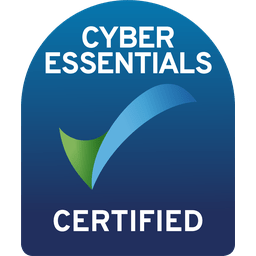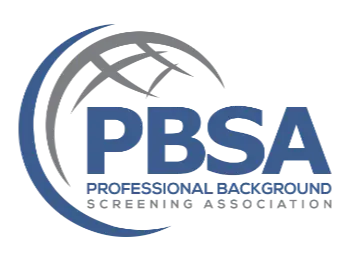by Aimee Cartwright
Before we begin, let’s set the record straight on professional Social Media Checks: strictly speaking, there is no such thing as passing or failing.
However, job applicants can take steps to ensure the Social Media Check stage of recruitment does not become an obstacle to accepting a promising job offer.
Today, we’re going to explain what may be flagged on a Social Media Check and how to check your accounts for potential flags. Take note of our expert advice to coast through the online background check process.
What is Flagged on a Social Media Check?
Several factors influence a Social Intelligence Officer’s decision to flag content. One is the provider in question – organisations have unique standards, which is why it’s crucial to question their objectivity and compliance before proceeding.
Another significant factor is the industry that the candidate is applying for. Social Intelligence Officers will be more sensitive to inappropriate content linked to a teacher or care worker than a call centre employee, due to the greater risk of safeguarding issues.
Finally, the type of Social Media Check affects the content that may be flagged. SP Index Premium Social Media Checks cover an extended scope of 5+ years (Essential checks are 3 years) and a vastly greater online landscape, meaning they are more likely to return a higher number of flags.
We highly value transparency at SP Index, so we believe it’s important to share the reasons we may flag content. Some examples are:
- Explicit content
- Sexism or racism
- Illegal activities
- Employer criticism
- Connections to proscribed organisations
This content may be found in posts, likes, media articles, photos, videos, following/follower lists, and any other publicly available information.
How to Avoid Flags on a Social Media Check
1: Review your profiles
Social Media Check candidates frequently forget to review all of their online profiles, including accounts that are no longer in use. Social Intelligence Officers can still identify these accounts, so it’s crucial to check they are all risk-free.
This also applies to old content on a current account. As you comb through your content, make sure you scroll back far enough to check that there are no potential flags from years ago.
2: Consider your privacy settings
A private social media presence is a foolproof way to avoid flags on a Social Media Check, as it means there is most likely no risk to the employer. However, it is still possible to avoid flags without going private.
Check your privacy settings to make sure you know exactly what everyone can see on your profile. We recommend tailoring your settings to each social media platform.
For example, you may decide to open your content to ‘friends of friends’ on Facebook, while keeping Twitter/X entirely private, and having a public Instagram account with archived content. Sensible privacy settings come in diverse forms, but however you choose to present your content, removing risks is strongly advised.
3: Reflect on the risk to your employer
The main purpose of a professional Social Media Check is to reveal potential risks to employers and empower them to make a sensible recruitment decision based on these risks. The purpose is never to intrude on your privacy or your freedom to express your opinions, but you should carefully self-audit whether your online activities are consistent with the values and goals of the organisation you wish to join.
Checking for general adverse content is always recommended, but why not take the next step and look out for content that may pose a specific risk to your employer or industry? For example, healthcare professionals may want to look out for content that spreads misinformation about health.
FAQs
What happens if I made a joke and it’s taken out of context?
When Social Intelligence Officers come across an inappropriate comment, they will check the surrounding context to best interpret the tone. As a result, jokes are handled differently to serious comments.
What’s more, social media searches focus on checking for adverse patterns of behaviour and not only isolated posts (unless of course there remains a direct risk to the employer from a single post).
Can my private messages be flagged on a Social Media Check?
No, SP Index cannot, and would not, access candidates’ private messages. Our full privacy policy can be accessed here.
How do you ensure the check does not involve any bias?
Our background checks process is designed to remove any bias. We equip all employees with training in objectivity, which shines through in our impartial Social Media Check reports. In 2017, we appointed a Protected Characteristics Defender whose task is to ensure our systems and processes are free from bias and discrimination.
Conclusion
Would you risk losing out on your next job simply because you didn’t check your social media profiles? Inappropriate online content is an increasingly common reason for job applicants to be turned down, but it doesn’t need to affect you.
To find out more about how our powerful Social Media Checks work, get in touch:
Telephone: 0800 468 1688
Email: info@sp-index.com
Join us on LinkedIn here to stay updated with the latest insights, trends, and exclusive content.


